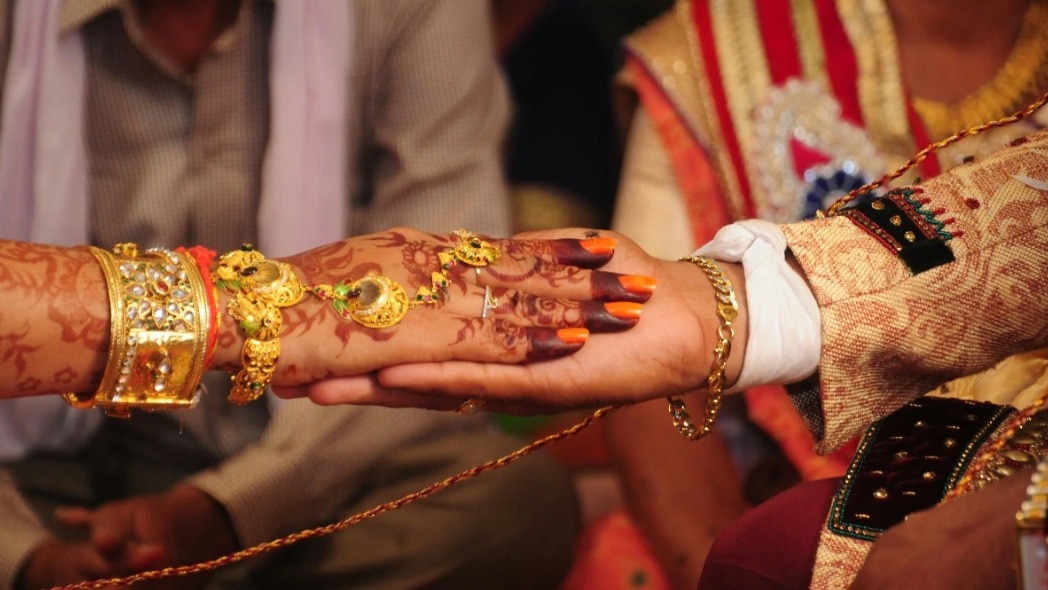ARTICLE AD BOX

After eight years of a relentless campaign against the term ‘ORS’ (oral rehydration solution) being used for many packaged beverages, often high in sugar, Hyderabad-based paediatrician Dr Sivaranjani Santosh has finally seen a breakthrough.
Food Safety and Standards Authority of India issued an advisory last week banning food and beverage companies from using the term in product names, labels or trademarks, even as a prefix or suffix.Many doctors TOI spoke to said cases of parents mistaking flavoured “hydration” or “electrolyte” drinks for ORS are becoming increasingly common.“These drinks contain 10 times more sugar than the amount recommended by World Health Organization and are sold in pharmacies as ORS,” Santosh told TOI. “Instead of rehydrating, it worsens diarrhoea, especially in children, who are far more vulnerable... This is extremely dangerous...”
While WHO recommends 13.5gm of sugar per litre in ORS, fake products contain 110g-120g.
Doctor: No energy or sports drink can replace true ORS
In India, diarrhoea accounts for around 13% of all deaths in children under five years, making it a leading cause of childhood mortality in the country. Santosh took up the fight after coming across many cases where children ended up in hospital with severe dehydration after having these drinks.“We received a four-year-old child in the emergency — listless, weak, and severely dehydrated.
The parents said they had been giving her ‘ORS water’ for two days,” recalled Dr Dhiren Gupta, co-director, paediatric intensive care unit, Sir Ganga Ram Hospital, Delhi.
“But when we checked, it turned out they had been using a sweetened energy drink sold online as an ‘ORS substitute’. The child’s condition worsened instead of improving.”Gupta added that blood tests in such cases often show dangerously low sodium and high sugar levels.
“Any solution meant to correct dehydration must have the right balance of salt and sugar,” he said. “We had another one-year-old patient who suffered brain bleeding and seizures after being given a concentrated salt solution. The sodium levels were extremely high. Both extremes — too little or too much salt — can be life-threatening.
”Dr Suranjit Chatterjee, senior consultant, internal medicine, Indraprastha Apollo Hospitals, said, “We frequently admit children with moderate to severe dehydration because caregivers used sweetened or flavoured drinks thinking they were ORS.
Correct WHO-ORS, if given early, could have prevented it.” “Glucose helps the body absorb sodium, which retains water. During diarrhoea, both are lost, leading to kidney failure or brain swelling.
A properly mixed ORS restores this safely, but a diluted or sugary version can worsen dehydration,” explained Dr Dinesh Yadav, paediatric cardiologist at Delhi’s Ram Manohar Lohia Hospital.Doctors stressed that awareness, not fear, is key.
“ORS saves lives — but only when made and used correctly,” Yadav said. “Parents must use WHO-approved sachets, mix them exactly as directed, and avoid all flavoured or commercial ‘hydration’ drinks. No energy or sports drink can replace true ORS.” “When parents walk into a pharmacy looking for ORS, they trust the product to save their child’s life. Around eight years ago, many children’s conditions worsened due to this ORS, though fortunately, no deaths were directly linked then.
It was infuriating to see profits being prioritised above children’s health. Giving sugar-laden formulas like these could actually kill,” Santosh said.She claimed that the companies initially tried to silence her by offering her speaking roles at their events. “Later, they did not contact me directly, but I did face a significant backlash and threats on social media from anonymous accounts, which made the fight harder.”
Though the journey was long and exhausting, Santosh is relieved after the FSSAI order. She spent years raising awareness online, sending complaints to drug and health authorities like CDSCO, FSSAI, and the central health ministry.
“I gathered videos, patient testimonies, and evidence from doctors. I went through everything — dejection, anger, hope, exhaustion. Though it should not have taken this long, after seeing the order I was overwhelmed.
I told people long back that this would become big but nobody listened.”Meanwhile, after the FSSAI ban, manufacturers moved the Delhi high court, arguing that the order came without prior notice or consultation and affects their existing stock worth about Rs 180 crore. The court granted temporary relief, allowing companies to sell their current stock, but stopped the production of new sugary drinks labelled as ORS.

 3 hours ago
6
3 hours ago
6









 English (US) ·
English (US) ·